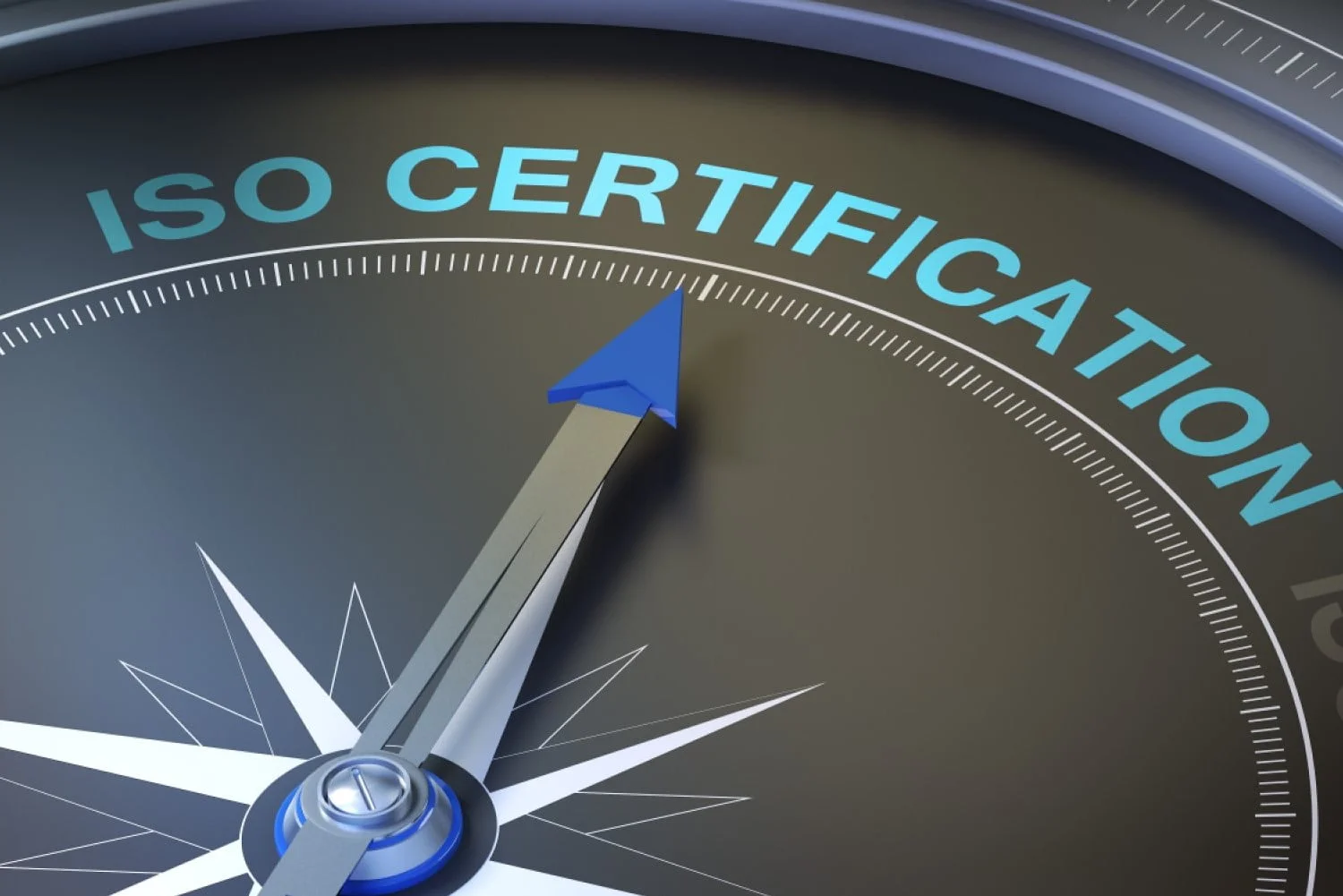In a world driven by data, the quality of such data is important for organizations to make informed decisions, ensure regulatory compliance, and maintain competitive advantage. Recognizing this need, the International Organization for Standardization (ISO) developed ISO 8000, a set of standards specifically focused on data quality management.
ISO 8000 is a series of standards developed by an ISO Technical Committee specifically dedicated to data quality management. These standards provide guidelines, principles, and best practices for ensuring the accuracy, completeness, consistency, and reliability of data within organizations. ISO 8000 addresses various aspects of data quality, including data acquisition, storage, processing, and dissemination. It also offers a systematic approach to managing data quality throughout its lifecycle.
ISO 8000 standards are applicable to organizations of all sizes and across diverse sectors, including manufacturing, healthcare, finance, telecommunications, and government. Any organization that relies on data for decision-making, reporting, analysis, or regulatory compliance will benefit from implementing ISO 8000 standards. Whether it’s ensuring the accuracy of product information in manufacturing, maintaining patient records in healthcare, or managing financial data in banking, ISO 8000 provides a universal framework to improve data quality across different domains.
Benefits of ISO 8000:
Implementing ISO 8000 standards offers numerous benefits for organizations seeking to enhance their data quality management practices:
- Improved Decision-Making: High-quality data leads to more reliable and accurate decision-making, enabling organizations to gain deeper insights, identify trends, and make strategic choices with confidence.
- Enhanced Operational Efficiency: By standardizing data quality processes and procedures, ISO 8000 helps streamline data management operations, reduce errors, and minimize rework, thereby increasing efficiency and productivity.
- Regulatory Compliance: Adhering to ISO 8000 standards helps organizations meet regulatory requirements related to data quality, ensuring compliance with industry standards, data protection laws, and governance frameworks.
- Interoperability and Integration: ISO 8000 promotes interoperability by providing a common language and framework for data quality management, facilitating seamless integration and exchange of data between systems, applications, and business partners.
- Cost Reduction: Poor data quality can result in significant costs associated with duplicates, data errors, inconsistencies, and inefficiencies. By improving data quality, ISO 8000 helps organizations minimize costs related to data remediation, compliance fines, and operational disruptions.
- Enhanced Customer Satisfaction: High-quality data translates to better products, services, and customer experiences. ISO 8000 enables organizations to deliver accurate and reliable information to customers, building trust and loyalty over time.
- Risk Mitigation: Reliable data is essential for managing risks effectively, whether it’s identifying potential issues, forecasting outcomes, or mitigating operational, financial, or reputational risks. ISO 8000 helps organizations mitigate risks by ensuring data integrity, consistency, and reliability.
Difficulties in implementing ISO 8000:
While ISO 8000 offers numerous benefits for enhancing data quality management, there are indeed some challenges and potential disadvantages associated with its implementation:
- Complexity: Implementing ISO 8000 can be complex, especially for organizations with diverse data sources, systems, and processes. It requires a thorough understanding of the standards, as well as the ability to align existing practices with the requirements outlined in ISO 8000.
- Resource Intensive: Establishing and maintaining compliance with ISO 8000 may require significant resources, including time, budget, and personnel. Organizations need to invest in training, technology, and organizational change management to effectively implement ISO 8000 standards.
- Resistance to Change: Resistance from stakeholders, including employees, management, and partners, can pose a challenge to the successful implementation of ISO 8000. Resistance may stem from fear of change, perceived added workload, or lack of understanding about the benefits of data quality management.
- Integration Issues: Integrating ISO 8000 into existing data management systems and processes may encounter compatibility issues with legacy systems or proprietary software. Organizations may need to invest in upgrades or customizations to ensure seamless integration with ISO 8000 standards.
- Subjectivity in Measurement: While ISO 8000 provides a framework for assessing data quality, some aspects of data quality, such as relevance or timeliness, may be subjective and challenging to measure objectively.
- Costs: The initial costs associated with implementing ISO 8000, including training, consulting, and technology investments, can be significant for some organizations. Additionally, ongoing maintenance and compliance activities may incur additional costs over time.
- Rigid Framework: ISO 8000 standards may be perceived as rigid by some organizations, limiting their flexibility to adapt data quality practices to specific business needs or industry requirements. Organizations may need to strike a balance between adhering to ISO 8000 standards and maintaining agility in their data management processes.
- Lack of Awareness: Despite its benefits, ISO 8000 may suffer from a lack of awareness or adoption within certain industries or regions. Organizations may overlook the importance of data quality management or prioritize other initiatives over ISO 8000 compliance.
ISO 8000 is a comprehensive framework for organizations to enhance their data quality management practices, irrespective of industry or sector. By providing guidelines, principles, and best practices, ISO 8000 empowers organizations to improve decision-making, enhance operational efficiency, ensure regulatory compliance, and mitigate risks. As organizations continue to recognize the importance of data quality in driving business success, ISO 8000 remains a valuable tool for achieving excellence in data management and governance.
I heard that there is someone in the industry who can implement this for you. Did you?

Karthik S is our in-house Master Data Quality Manager certified by ISO-8000 for Data Quality and Enterprise Master Data. He comes with 10+ years of experience with prior experience in handling customer, asset & engineering data, improving data quality & accessibility, eliminating data loss and standardizing data to match industry standards.


